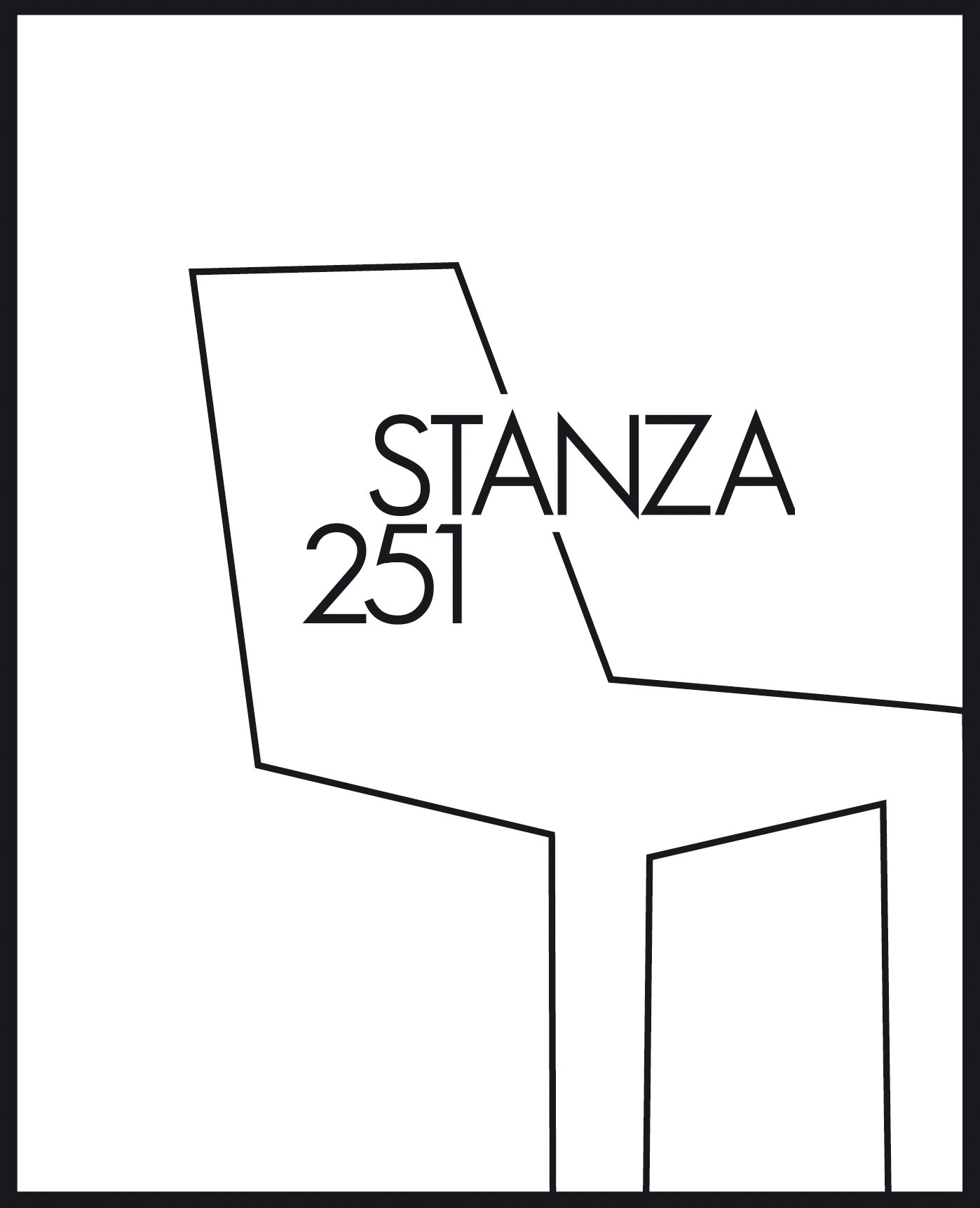Clearing Out the Old Hotel
A friend writes from a Big City:
The Dryden West wasn’t really a hotel. More like an old folks’ home, but the people who run such establishments tend to avoid that term. In any case, the last guest, or tenant, or inmate, must’ve died decades ago, and the place closed down.
The sign out front hung on, unlit. I used to walk past the old Dryden West fairly often, so when the call came, it seemed like fate.
The paintings I used to do didn’t sell. The gallery dropped me without ceremony. All that was left of the art life was a van and a few suits of work clothes with paint on ‘em. Removal used to be a way to make ends meet, now it’s my job. The work’s not exactly cheerful. Someone dies, and if those left behind don’t care to sort through the final crap, they pick up the phone and call me, or someone like me.
You’d’ve thought there’d be more stuff to clear out of a big place like the Dryden West. Whoever called must’ve wanted to be rid of its ponderous emptiness.
Usually, I make an inspection round before I get to work. Surprises are best avoided, at least on the job .
The hallways on every floor seemed to go on forever. The rooms were bare, except for the occasional nudie calendar, busted office chairs, empty bookshelves and cardboard boxes. The hand-truck seemed to roll especially loud. Whoever’d been through there before had taken up the wall-to-wall carpeting.
Generations of looters had done most of the heavy lifting. ‘Might as well start at the top,’ I thought. The freight elevator was the kind where you pull a rope to start and stop the motor, but it still worked.
When the metal door opened, I swear I heard a voice say, “Welcome home.”
***
Sgomberando il vecchio hotel
Un amico scrive da una metropoli:
Il Dryden West non era un vero hotel. Piuttosto una casa di riposo, ma le gestioni di tali esercizi evitano quel termine. L’ultimo inquilino dev’essere morto decenni fa, e il posto chiuse.
L’insegna rimase al suo posto, ma rimase anche spenta. Passavo accanto al vecchio Dryden West piuttosto spesso, quindi quando telefonarono sembrava destino.
Nessuno voleva comprare i quadri che una volta dipingevo. La galleria mi mollò senza cerimonie. Della vita d’artista restava solo un furgone e dei vestiti imbrattati di colori. Sgomberare le cantine prima era un modo per arrivare a fine mese. Ora è il mio lavoro, ed è deprimente. Qualcuno muore, e chi resta e non se la sente di rovistare tra i miseri reperti, chiama me.
Verrebbe da pensare che ci fosse un sacco di roba da togliere da un tale baraccone.
Chiunque abbia chiamato si sarà voluto liberare anche del suo vasto vuoto.
Di solito faccio un sopralluogo prima di mettermi a sgobbare. Le sorprese sono da evitare.
Quei corridoi sembravano senza fine. Le stanze erano spoglie, a parte qualche calendario con donne nude, mobili d’ufficio rotti, scheletrici scaffali e scatoloni. Il carrello rombava più forte del solito. Chiunque fosse passato prima aveva tolto la moquette.
Generazioni di saccheggiatori avevano già fatto il grosso. ‘Tanto vale iniziare in cima,’ pensai. Il vecchio ascensore di servizio funzionava sempre. Per avviare e spegnere il motore si tirava una corda. Quando si aprì la portiera, giuro che ho sentito una voce dire, “Bentornato a casa.”















